When Tik Tok became one of the most popular apps in the country, many in the entertainment world questioned whether it was an accurate representation of “young talent” on social media. Many Instagram, Youtube, and Facebook stars have had to rely on developing original content in order to secure views, but one of the most famous Tik Tok stars Charlie D’Amelia has proven that entertainment will always be a changing art form.
Read moreThere are now billions of hours of footage on YouTube from millions of different creators, all of them wanting their voice to be heard and content to be seen. The question many new creators ask is “Should I start producing original content for YouTube?”.
Whenever you decide to pursue a creative career on the digital landscape, there are a few questions you need to ask yourself.
Read moreIn the earliest days of the media, there were only certain careers you could take on and “make it” in regard to a lucrative reward. Acting, directing, producing, radio, etc. were limited positions, and more often than not, you would be under the direct supervision of a fellow professional.
Social media brought forth an entirely new era, one that made stars out of people making silly, ridiculous and original content on YouTube, Facebook, Instagram, Twitch, and more. Celebrities have been quoted as saying their job is to be famous, Kim Kardashian being one of the most well known examples of somebody who sells different kinds of perfume and clothing just by having their name attached to it. Similar to a “brand” like Gucci, where you pay for the name and not for the product itself, “Social Media Influencers” have become the new Kardashians.
Read moreVideo conferencing has become so common that almost everyone in the country is familiar with some kind of conferencing software such as Zoom, Teams, or Facetime. It has become the new “norm” to now meet with your colleagues in a 2 dimensional world as it’s ideal for safety, and less so for communication purposes. Video conferencing cannot compete against face to face, but it does have it’s benefits, especially when the very best of the technology is used properly.
Multimedia professionals agree, video conferencing can be enhanced by better tech, and especially better technique. You don’t have to spend a fortune to create a professional looking view of your living room, kitchen, bedroom, or office space.
Read moreYou can be driving down the highway with the radio blasting, sitting at home watching your favorite TV show, checking out groceries at the self checkout station, or even watching your kids play with their new Christmas toys. In every one of these scenarios, voice actors are impacting your life in some way. You hear voices come through your speakers so often that eventually, you stop paying attention to what’s behind the voice. You become desensitized to a man or woman in a studio actually recording that commercial you’re listening to or your favorite video game character shouting during a battle scene.
Read moreThe pandemic has radically changed everything about our lives. How we shop, how we eat, who we see, where we travel, and it continues to be unique in the way that it keeps rolling out surprises in the way it changes business.
In a radical move that angered struggling theater owners across the country, Warner Brothers made the decision to release the highly anticipated “Wonder Woman: 1984” on HBO Max the same day it was released in theaters. This decision was not only a shock to the movie industry, but it showed that the production studio giants are beginning to favor at home releases amid concerns of in person film viewings.
Read moreNinja is one the biggest household names in gaming today, and with a massive following and a net worth of $25 million, you can see the lucrative potential of a career in gaming.
Gaming has been around for over 30 years, but it’s popularity and integration into mainstream media has gained a very recent footing. Originally, it was the developers of games who made all of the money in the industry, but now gamers can make millions simply playing the games for a live audience.
Read moreThe new Work From Home trend has shown us many ugly sides of our culture. One of them being inaccessibility to decent internet speeds. This comes from a number of factors, including lack of access to knowledge about the internet, cable companies taking advantage of desperate customers who are unsure of what plan to go with, and not knowing some simple tips and tricks for improving the quality of your internet. This blog contains some information that could help you up your internet game!
Read moreWhen most people think of the word “pirate” they think of bearded, dirty, rotten teeth, foul mouthed criminals. Others, especially those in radio, think of “freedom”. Pirates are notoriously associated with taking orders from no one, no government, and certainly not the FCC.
Radio is regulated by the government agency, and therefore there are rules and regulations they must follow and adhere to to ensure they are not fined, or worse, lose their license. Every terrestrial radio station on your dial must be registered and licensed. Ever since the telecommunications act of 1996, any company can purchase multiple licenses/stations in the same market, therefore removing any competition. This created oversaturation in certain markets, and media giants like iHeart, Entercom, and Cumulus began buying up stations like hoarders. Although this allowed professionals in radio to begin working at various stations simultaneously, these titans in media began implementing new “Corporate” regulations that began transforming radio from a freeing and vocal artform for truth into a corporate office where even wearing the wrong kind of tie could get you into trouble.
Read more“What’s the Harm in playing a few seconds of this Justin Bieber song in my video?” “This isn’t radio, I can say whatever I want!” “Our show is so small, I’m sure HBO won’t come after us if we use this clip from Game of Thrones for the podcast”. Now more than ever, people are learning more about digital media. This has brought forth a new generation of aspiring creators.
With this new surplus comes new questions. “What kind of songs can I use in my podcast?” “What is the difference between copyright and royalty free?” “Do the sites I post my content on own it, or is it mine completely?” The answer is rarely ever simple. As most people know, the law can be very gray at times, with a middle ground that many creators dance on and try to create a healthy balance.
Read more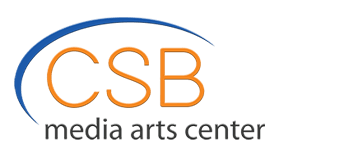
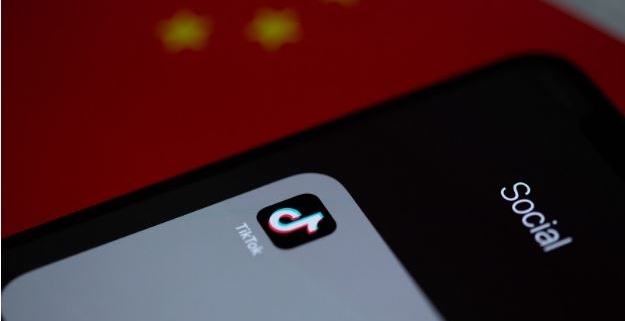
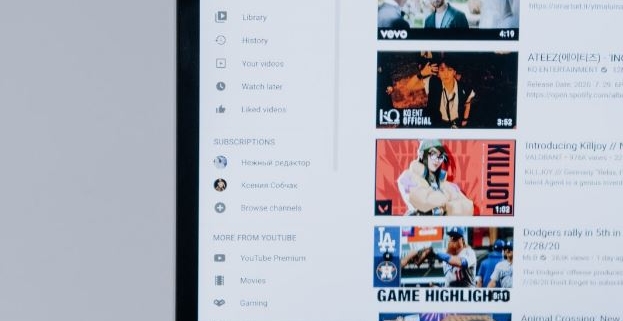
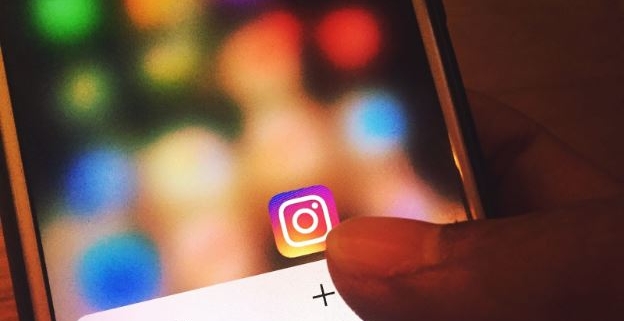
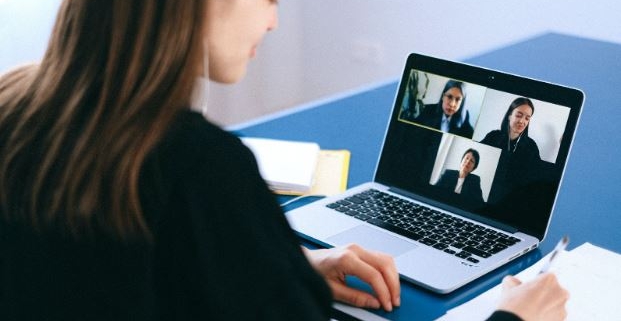
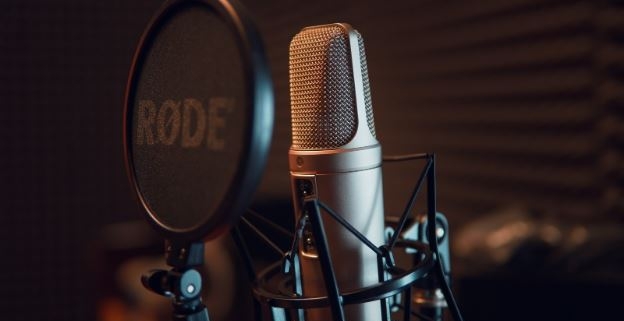


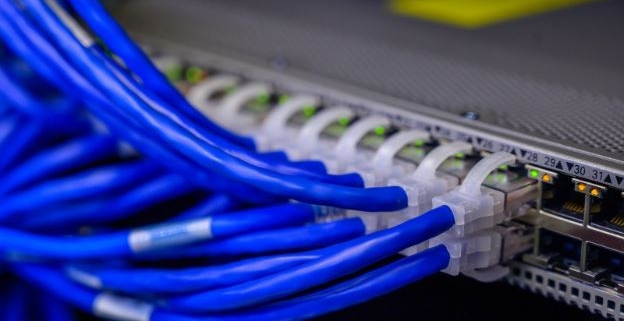
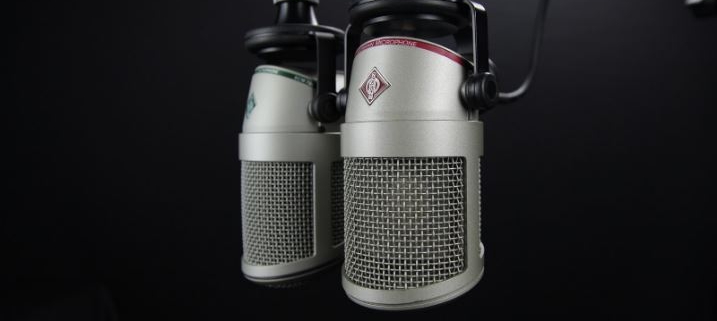

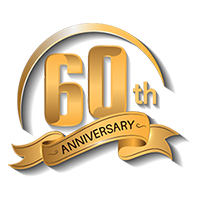
 Request Info >>
Request Info >>